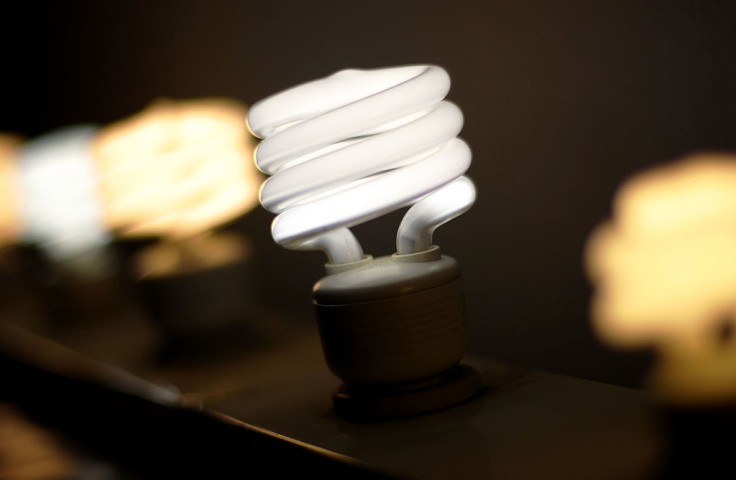
Groceries, gas for your car, rent, and other expenses all need to be budgeted for each month. Energy costs are rising, which means they'll probably consume a larger portion of your expenditure. Nevertheless, there are a number of strategies to lower your energy bill with just a few minor lifestyle adjustments.
Did you know that just turning off your lights when not in use is one of the most efficient ways to save money on electricity?
Continue reading to find out why it's crucial to turn off your lights and how much money you can save by doing so.
The Amount You Can Save Depends on Your Light Bulb
There are different types of light bulbs on the market. The type of bulbs you're using will determine how much energy you can save by turning off the lights, as per Astral Energy.
When using compact fluorescent lights (CFLs), you can leave the lights on if you enter your room again within 15 minutes. However, turning them off when leaving your home for longer than 15 minutes will save more energy. The approach will also aid in extending the lifespan of your CFL bulbs.
An incandescent light bulb is one of the least energy-efficient sources of lighting. Before they can emit light, these lights typically first convert electricity into heat. Only 10% of the energy used by incandescent light bulbs is converted to light; the other 90% is released as heat.
It doesn't matter if the Light Emitting Diodes (LED) bulbs are turned on or off in real time. In other words, it differs from CFLs, which advise against turning off lights when leaving the house for less than 15 minutes. It's one of the key features of LED lights that makes them suitable for your home's energy conservation. Additionally, you can make use of sensors to turn them fully bright and turn them on and off automatically.
The Wattage of Your Light Bulb Is Also an Important Factor
CNET noted that by using the wattage of the light bulb, you can estimate your potential savings. Let's suppose you have a 30-watt light bulb. This means that it will consume 0.03 kWh in an hour. You may feel that the 0.03 kWh saved is insufficient.
However, keep in mind that this is only for one bulb. The amount of electricity used in your home will increase if you leave several lights on. Therefore, your savings will greatly increase when you factor in the savings of turning off all of your light bulbs for a lot more hours each month.
Turning Off Your Lights Have Other Benefits Aside From Saving Some Cash
Astral Energy pointed out that you can lessen your consumption of environmentally damaging non-renewable resources by turning off your lights. It can also aid in lowering greenhouse gas emissions, including carbon dioxide. Thus, turning off your lights is an easy method to contribute to environmental protection and the preservation of the earth.









